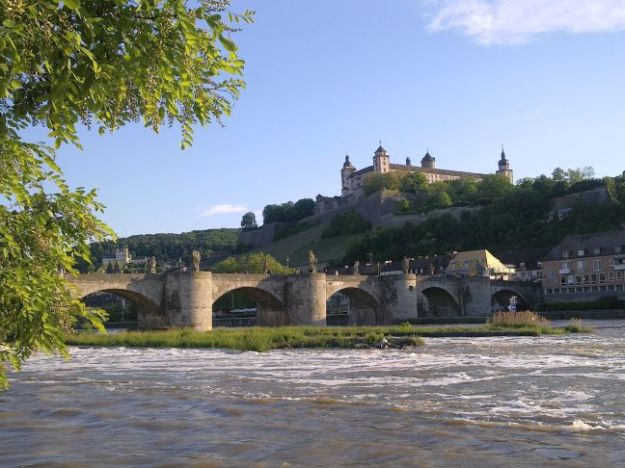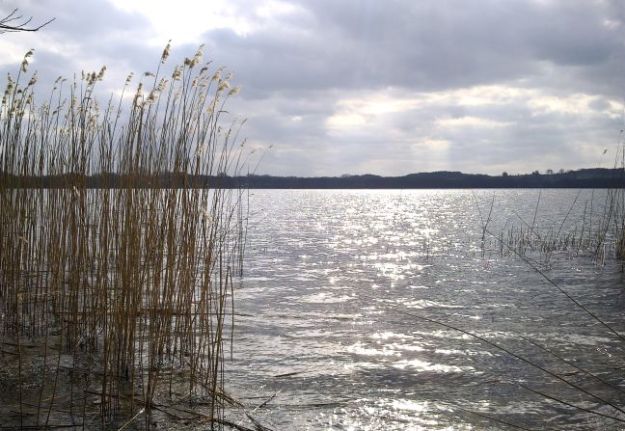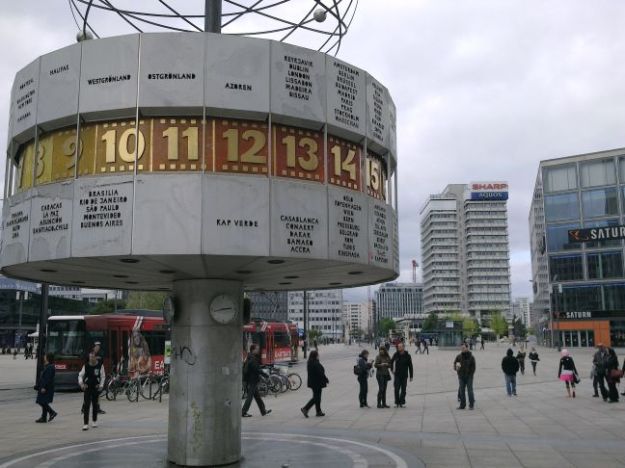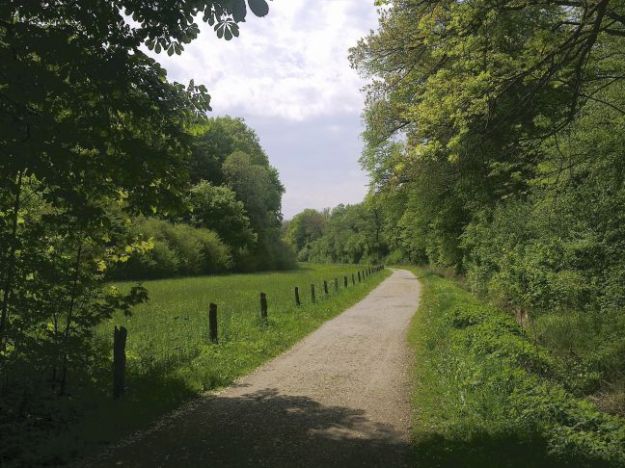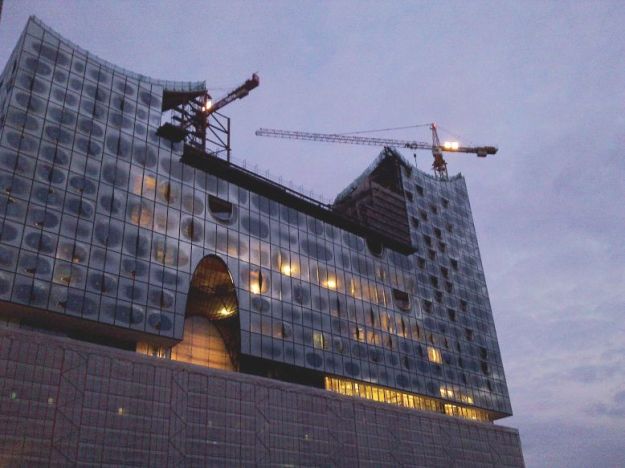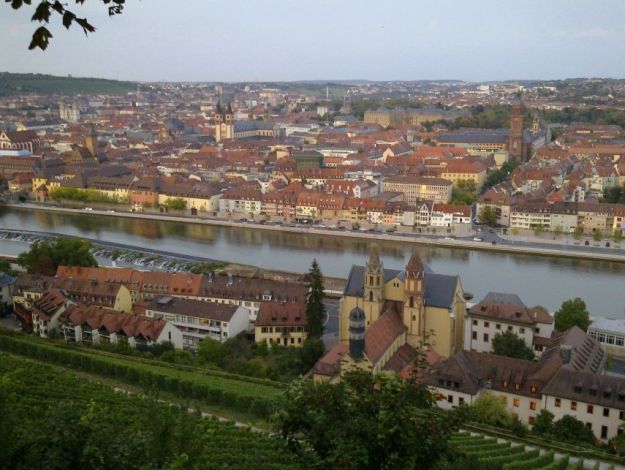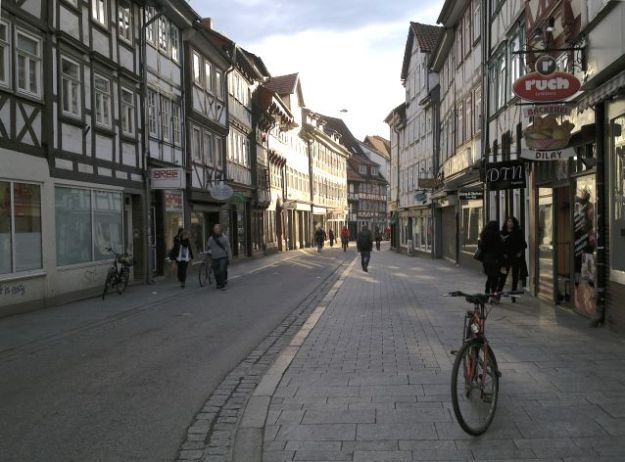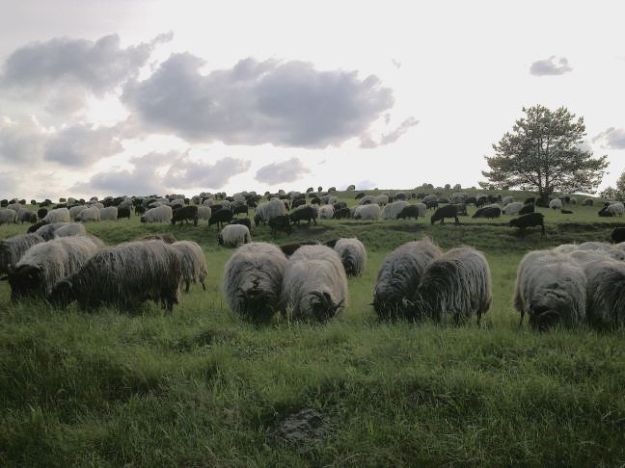The city of Würzburg is one of those places in Germany that is so perfect, it is hard to match. In many ways, it is like a piece of art or a meal with just the right composition of ingredients.
Würzburg lies in the Northern part of Bavaria, and thus is as much middle-German as it is South-German. In fact, quite a few Franconians there do not see themselves as Bavarians and could well imagine independence, or so they say. The city is sweet and beautiful, but at the same time brimming with real life, there is a large river running through it, and it is surrounded by softly rolling hills that are covered with fields, woods and vineyards. Sun and warm weather are plentiful.
The wine produced here is mostly white, as it is in many parts of the country, the typical types of grapes are Silvaner, Müller-Thurgau, Bacchus, Riesling and Scheurebe, with the latter offering a fruity and almost flowery aroma. In one of the many ‘Weinstuben’ you can enjoy a good glass, with two of the nicest places being the Eulenspiegel and the Alte Mainmühle, both offering small recluses on different levels, with a candle on a wooden table in front of you.
Although a university city rich in tradition, Würzburg, with its around 130,000 inhabitants is nonetheless large enough to offer a rich life beyond the world of studying. There is culture everywhere, and so are churches, most of them catholic. It is hard to imagine that much of this city was rebuilt after the war, for though there are many newer houses, almost none seem displaced or modern in an overbearing way. Looking down on Würzburg is the Festung, a large fortress that can be climbed on foot or reached by car, and which then offers a magnificent view onto the town.
The Festung itself is best seen from the Alte Main Brücke, an old stone bridge over the Main river, with baroque figures on either sides. A drink or meal can be enjoyed in the adjoining Brückenbäck, a light-drenched café overlooking the river. Slightly outside and with a view on Würzburg lies the Schützenhof, a pleasant beer garden that offers beer, wine and regional cuisine.
There is a tangy taste at times, and that stems from its people. The Franconians are on occasion not completely cordial and may emit a slightly grumpy and resentful note, but it is one that you could also find in other parts of Germany, albeit in different variations. It is strange that such a nice place would not leave its people more content.
But the Franconian way of softly moaning is quickly diluted by the large amount of young students from all around the country. Being a university town definitely has its advantages. And as with any work of art and any good meal, it is the combination that does it.
